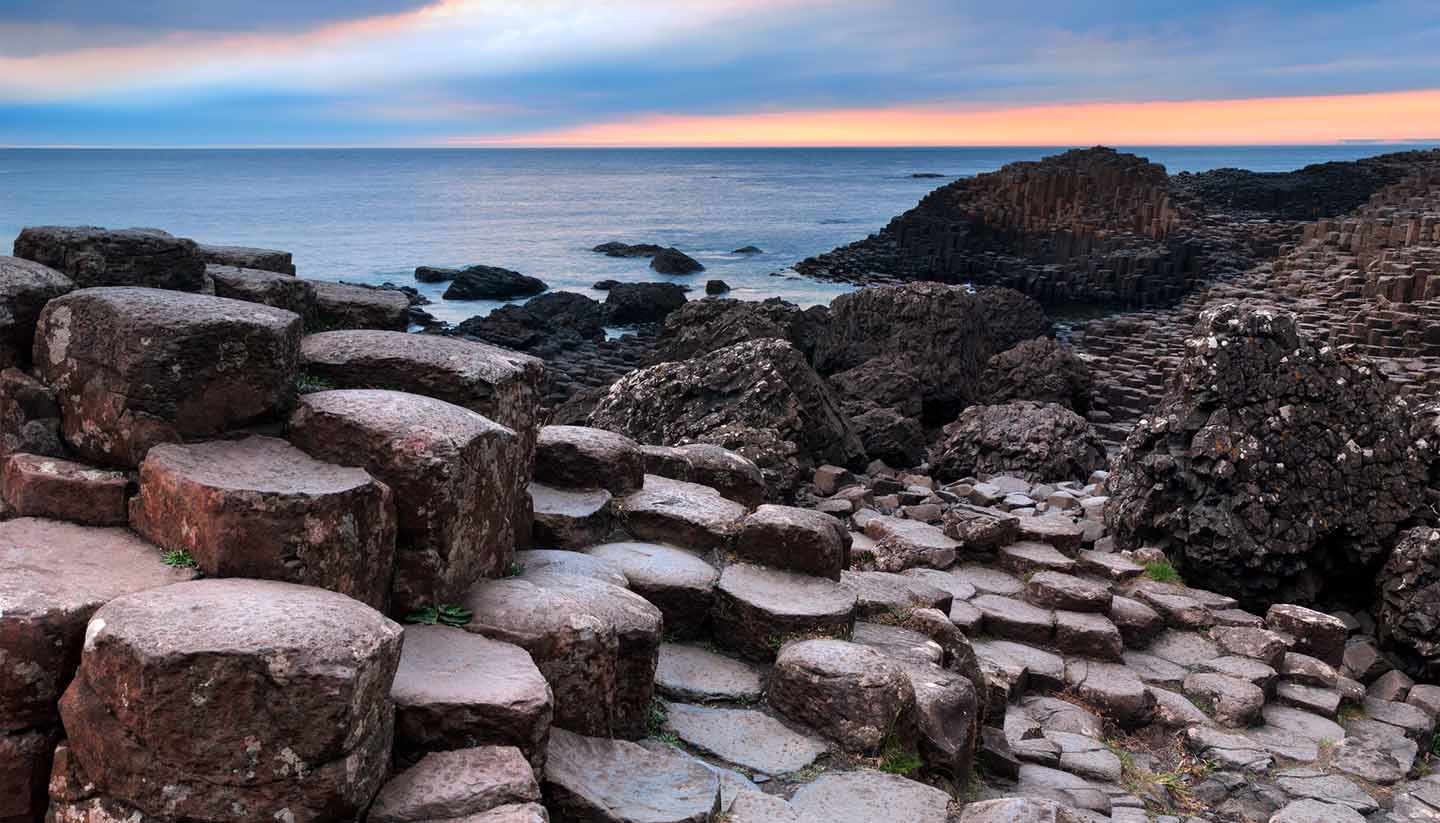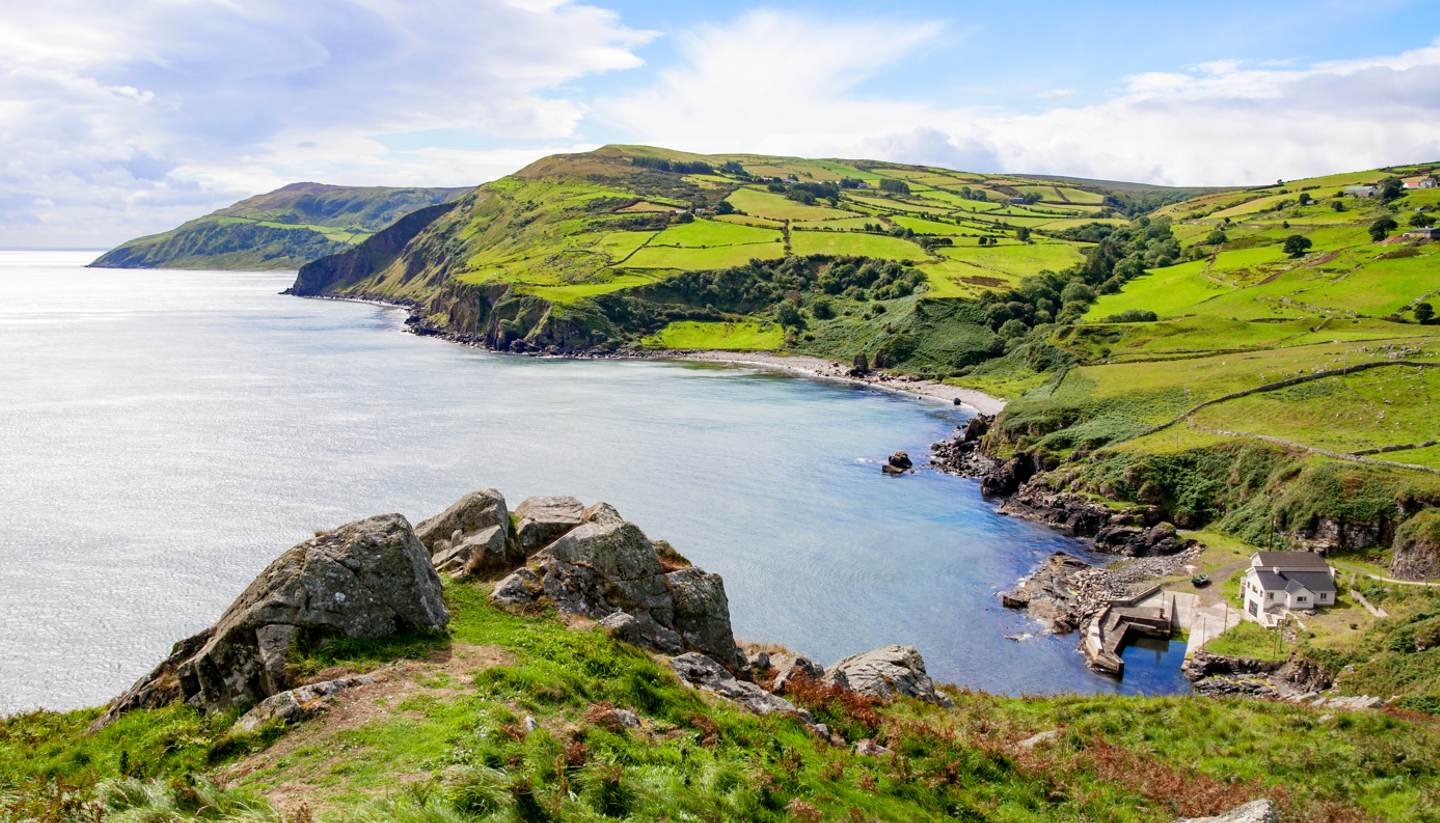Money and duty free for Northern Ireland
Currency and Money
Currency information
Pound (GBP; symbol £) = 100 pence. Notes are in denominations of £50, £20, £10 and £5. Coins are in denominations of £2 and £1, and 50, 20, 10, 5, 2 and 1 pence. Euros are also accepted in some larger stores.
Ulster Bank issues banknotes specifically for use in the country. These are technically not legal tender elsewhere in the UK – just as Bank of England notes are technically not legal tender outside of England and Wales. It’s not uncommon for either note to be accepted outside of its set zone (the official line is that “the acceptability of a Northern Ireland note as a means of payment is essentially a matter for agreement between the parties involved”), but it may be advisable not to travel elsewhere in the UK with a surplus of Ulster Bank notes.
If crossing into the Irish Republic, be aware that pound sterling is not accepted as a means of payment, other than in a few outlets in the border regions. Have a supply of euros.
Credit cards
Visa and Mastercard are accepted, as are Maestro debit cards. Acceptance of Amex is generally lower, and confined to larger businesses.
ATM
Cash can be obtained from a multitude of ATMs available across the country.
Travellers cheques
Can still be exchanged in some banks, however not all. Most shops do not accept traveller’s checks anymore.
Banking hours
Mon-Fri 0930-1630. Some banks in bigger cities are open on Saturday’s as well. In very small villages, the bank may open two or three days a week only, so aim to get cash in the bigger centres.
Currency restrictions
There are no restrictions on the import or export of local or foreign currency. However, amounts exceeding €10,000 or equivalent must be declared if travelling from or to a country outside the European Union.
Currency exchange
Some hotels will change money but banks and bureaux de change give the best rate of exchange.



